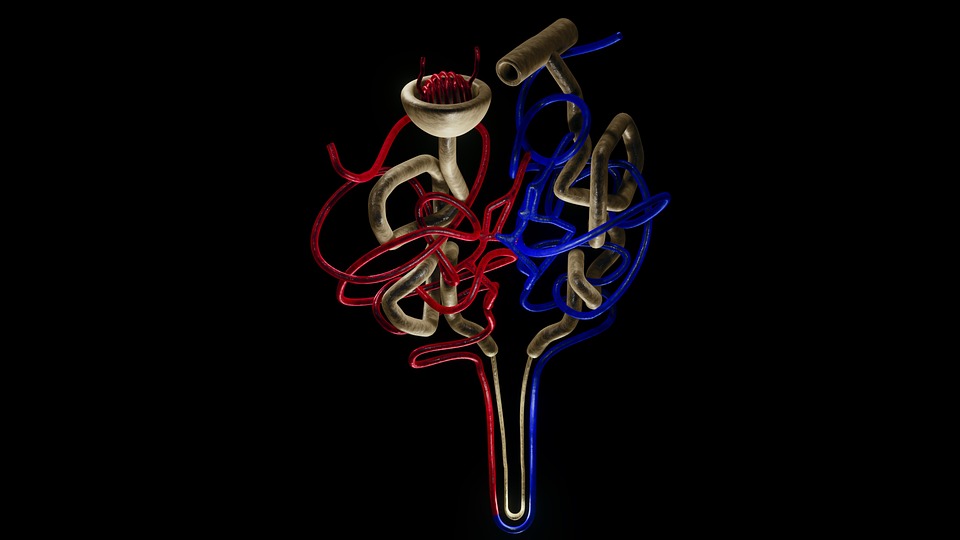Understanding Your Kidneys
Your kidneys are vital organs that perform several important functions, including filtering waste products from the blood, regulating blood pressure, and balancing electrolytes. Maintaining kidney health is crucial for overall well-being.
1. Stay Hydrated
Importance of Water
Drinking sufficient water aids in the kidney’s filtration process. Aim for 8-10 cups of water daily to help flush out toxins and prevent kidney stones.
2. Eat a Balanced Diet
Nutrients for Kidney Health
Incorporate fresh fruits, vegetables, whole grains, lean proteins, and healthy fats. Foods rich in potassium such as bananas, oranges, and spinach support kidney function.
3. Monitor Blood Pressure
The Connection Between Kidney Health and Blood Pressure
High blood pressure can damage blood vessels in the kidneys. Regular monitoring and maintaining blood pressure below 130/80 mm Hg are essential.
4. Manage Blood Sugar Levels
Preventing Diabetic Nephropathy
Diabetes is a leading cause of kidney disease. Keeping blood sugar levels stable will significantly reduce your risk. Regular check-ups and a healthy lifestyle are key.
5. Limit Intake of Sodium
The Impact of Sodium on Kidneys
Reducing sodium intake helps control blood pressure and reduces kidney strain. Aim for less than 2,300 mg of sodium per day.
6. Avoid Over-the-Counter Painkillers
Understanding Medication Risks
Nonsteroidal anti-inflammatory drugs (NSAIDs) can harm the kidneys if taken excessively. Use them cautiously, and consult with a healthcare provider for alternatives.
7. Exercise Regularly
Physical Activity and Kidney Function
Regular exercise boosts overall health and supports kidney function. Aim for at least 150 minutes of moderate-intensity exercise each week.
8. Maintain Healthy Weight
Obesity and Kidney Disease
A healthy weight minimizes the risk of conditions that stress the kidneys, such as diabetes and hypertension. Focus on diet and exercise for sustainable weight management.
9. Avoid Smoking and Limit Alcohol
Substance Effects on Kidney Health
Smoking and excessive alcohol use impair blood flow to the kidneys, hindering their function. Quitting smoking and moderating alcohol intake can improve kidney health.
10. Get Regular Check-ups
Importance of Regular Screening
Routine visits to your healthcare provider can help monitor kidney function and catch problems early. Discuss any risk factors with your doctor.
Conclusion
By following these 10 essential kidney health tips, you can significantly reduce your risk of kidney disease and promote overall wellness. Always consult with a healthcare professional for personalized advice.
FAQ
What are the early signs of kidney disease?
Early signs include fatigue, changes in urination frequency, swollen ankles, and back pain. If you notice these symptoms, consult your physician immediately.
How can I naturally improve kidney health?
Natural ways to improve kidney health include staying hydrated, eating a balanced diet, managing stress, and engaging in regular physical activity.
When should I see a doctor about my kidneys?
You should see a doctor if you experience persistent back pain, blood in your urine, or any symptoms of urinary infections. Regular check-ups are also advisable if you are at risk for kidney disease.


Comments are closed.